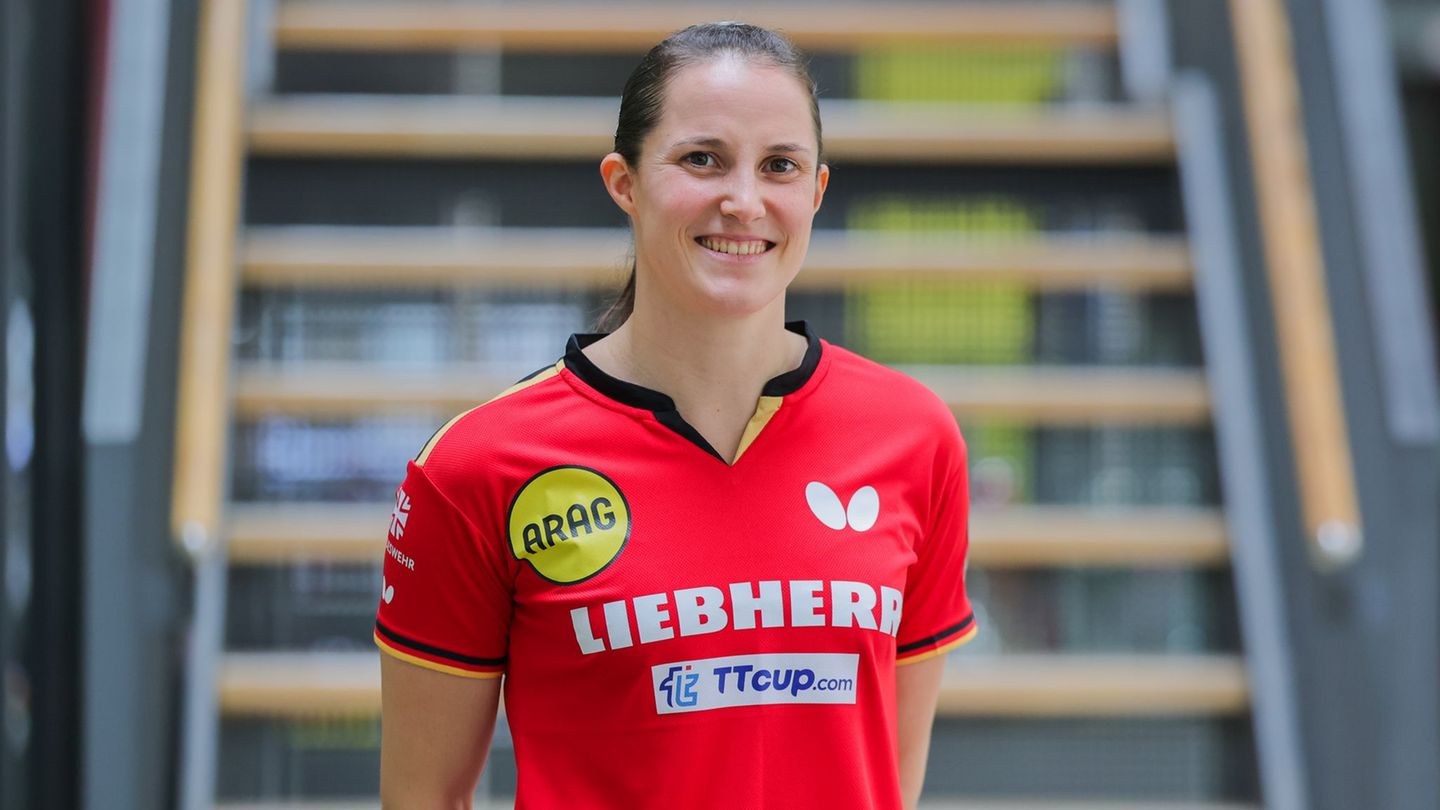One of the largest manufacturers of solar modules in Europe wants to withdraw from Germany. The competition from China works with dumping prices. Is the end of Solar Valley imminent again?
The solar company Meyer Burger is threatening to close its solar module production in Germany, citing competition, especially from China, if the federal government does not act quickly. The production site in Freiberg, Saxony, with 500 workers, may have to be closed, said managing director Gunter Erfurt on Wednesday.
Due to the deteriorating European market environment, full production in the region is no longer sustainable for the time being, it said. The Swiss company unveiled a plan to reduce “unsustainable losses” in Europe and focus on the US. Part of the plan would be to close the Freiberg plant at the beginning of April 2024, it was said.
Final decision is still pending
With its factory in Freiberg, Meyer Burger claims to be the largest solar module production company in Europe. A final decision would have to be made by mid-February, the company emphasized – “unless sufficient measures are taken to create fair competitive conditions in Europe, for example through resilience measures.”
The federal government says it is in talks with the company in view of the impending emigration. The Ministry of Economics is very aware of the difficult situation of the company and the solar industry in Germany, said a spokesman for department head Robert Habeck (Greens). The aim is to produce a significant part of the technologies in Germany and Europe.
Meyer Burger manager Erfurt said there had to be adjustments to the feed-in tariff. “We are in a distribution battle.” The federal government must therefore invest around 50 million euros in increasing the feed-in tariff this year. Users of solar systems that use European-made systems should benefit from this. The more European a product is, the more bonuses there should be. This is intended to create incentives to purchase corresponding products. This is not a concept of the company, but is demanded by, among others, the Federal Association of the Solar Industry.
The FDP’s energy policy spokesman in the Bundestag, Michael Kruse, wrote on the social network The FDP will not support this.
Kretschmer calls for rescue package
Saxony’s Prime Minister Michael Kretschmer (CDU) called on the federal government and the EU to provide a rescue package for the solar industry. The industry is important for the economic strength and sovereignty of Germany and Europe. Just a few weeks ago, politicians from Saxony across party lines called for a clear commitment from the federal government to the German solar industry. There is a risk of thousands of jobs being lost, especially in eastern Germany, they warned.
Meyer Burger had a very bad year in 2023, which was completely below expectations because of the competition’s low prices, said managing director Erfurt. Government subsidies for solar module production in China have led to serious market distortions. “In Europe we are being accused of Chinese actions.” The wind industry suffers from the same problem. The automotive industry is also threatened with a similar fate.
The managing director of the Swiss company emphasized that now is a crucial time. “It will be a decision about the welfare and woe of the entire industry in the coming years.” German politicians decided ten years ago to drop this, said Erfurt. This destroyed dreams and hopes, especially in East Germany.
Other locations would not be affected
In 2018, Germany’s once largest solar module manufacturer, Solarworld, finally filed for bankruptcy and closed the Freiberg location with around 600 employees. New hope arose when the mechanical engineer Meyer Burger started producing modules and started new production in the former Solarworld halls.
However, the company’s other locations in Germany would not be affected if production were relocated to the USA. The managing director made it clear that cell production in Bitterfeld-Wolfen (Saxony-Anhalt) and the research site in Hohenstein-Ernstthal (Saxony) are excluded. These locations would be needed, among other things, to ramp up module production in the USA.
Source: Stern




